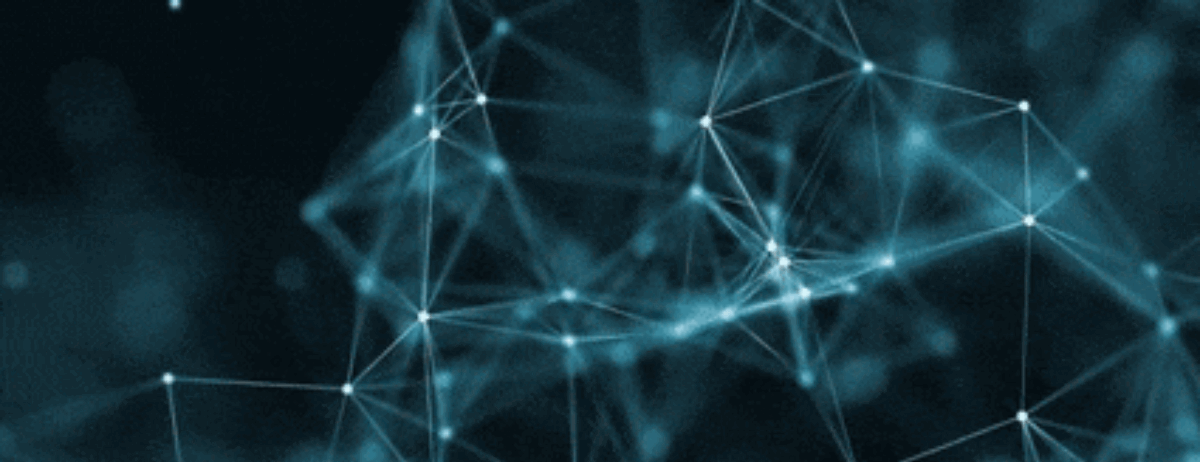The Legal Board of Appeal of the European Patent Office has issued its decision in J08/20 DABUS, rejecting an application for an AI-generated invention naming a machine as the inventor.
The decision holds that only a natural person can be designated as an inventor under the European Patent Convention (EPC) (Art 81), that inventorship designations need to satisfy specific requirements under the EPC, and it discusses the role of the EPO and the extent to which it can object to inventorship designations.
Not only does an inventor need to be a natural person, but where no human inventor can be identified an application designating a machine as an inventor is unprotectable because no rights can be transferred to an applicant. This is the case even if some EPO Member States allows derivation to patent rights other than through transfer, and even if some Member States do not require inventors to be natural persons. This is the case even if it means there will patentable inventions (under Art 52(1)) for which there is no right to a patent (under Art 60(1)), because in the Board’s view allowing these applications would ignore a formal requirement of the EPC.
However, “[t]he Board is not aware of any case law which would prevent the user or the owner of a device involved in an inventive activity to designate himself as inventor under European patent law.” Also, if an applicant wishes to report an invention is AI-generated in the specification, they may do so.
This approach is similar to the approach of the Bundespatentgerict in Germany (now being appealed by the German Patent Office to their Supreme Court), which allowed the applicant to designate himself as the inventor but to note that the invention was AI-generated in the specification of the patent.
The approach may solve the problem of lack of patentability, but it is not consistent with jurisdictions such as the US and UK where the inventor must have “conceived” of, or “devised”, respectively, the invention—not just someone who owns a computer.
A divisional previously filed in the case will allow it to proceed on this basis, namely that the owner of the inventive AI is listed as the inventor, and the AI is designated as having invented the subject matter.
